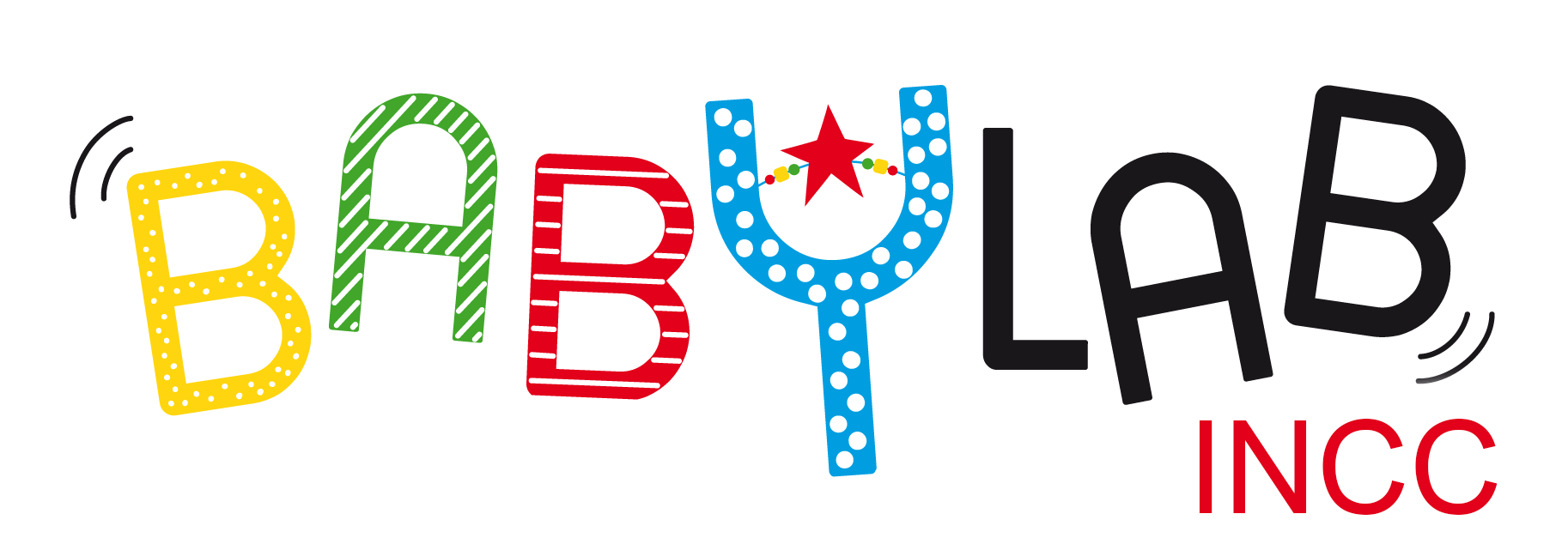The efficient neural coding of sounds
Why is speech special for infants? We ran computational, behavioral and brain imaging studies to test a novel hypothesis. Following efficient neural coding theory, speech is special, because it is a signal whose statistical properties are optimally encoded by the auditory system. We first showed that an information theoretically optimal filter population for different languages reproduced previously established prosodic differences between these languages. These and other computational analyses also suggested that scale-invariance is a common property of natural sounds, and that infants readily discriminate between scale-invariant and variable-scale sounds. They also perceive speech presented at different speeds invariably, as adults.

